What is a vegan?
Vegans don’t eat, wear or use anything from animals — whether from land animals (meat, dairy, eggs, honey, shellac, leather, fur etc) or from water animals (fish, prawns, crab, lobster etc). Vegans also exclude, as far as is practicable, all forms of animal exploitation and cruelty.
How many vegans are there in the UK?
Studies vary but about three per cent of the UK’s population identified as vegan in 2019, and that figure is only set to rise. Sainsbury’s predicts that by 2025, one quarter of the whole population will identify as either vegetarian or vegan. The number of people choosing not to use animal products in schools is set to rise, and so it is important that schools are well-equipped to understand veganism and how to be vegan-inclusive now.
Why are students going vegan?
There are a huge number of reasons why more and more young people are adopting a vegan lifestyle. Most of these reasons tend to be categorised into one of three umbrella terms – to minimise animal suffering, to reduce our impact on our planet or to improve our health.
Animals
It’s important to understand that many students don’t see their veganism as a diet but as a lifestyle, one that aims to exclude all forms of animal exploitation and cruelty as far as is practicable. It’s not just about what a person eats or drinks; a vegan chooses to avoid buying clothing that has animal products such as leather or wool, avoids going to events which exploit animals such as zoos, and avoids products that have been tested on animals such as cosmetics as well as other areas of life which might mistreat or exploit animals.
Planet
The climate crisis means that many young people are terrified at what their future might look like. A whole generation of young people are now doing their utmost to minimise their environmental impact so that they have a safe world to live in years from now.
Going vegan is the ‘single biggest way’ for an individual to reduce their environmental impact, and so some students have chosen to become vegan for the planet.
Health
Vegans have a significantly reduced risk of heart disease, diabetes, dementia and some concerns, with lowered cholesterol and increased energy levels. A balanced, wholefood vegan diet is packed with a wide range of healthy, disease-busting foods high in vegetable protein, fibre, complex carbohydrates, antioxidants, vitamins, minerals and good fats.
Teachers can sometimes be concerned that a vegan diet is inappropriate for children or that it inevitably means an eating disorder, but studies have repeatedly shown that a person can safely and healthily adopt a vegan diet at any age of life.
In the words of the NHS, ‘With good planning and an understanding of what makes up a healthy, balanced vegan diet, you can get all the nutrients your body needs’.
At a time when the obesity epidemic has led to about one in five children in Year 6 suffering from obesity, a healthy, balanced vegan diet can pave the way forward for a fibrous, nutrient-rich and healthy lifestyle that should be encouraged in schools.
